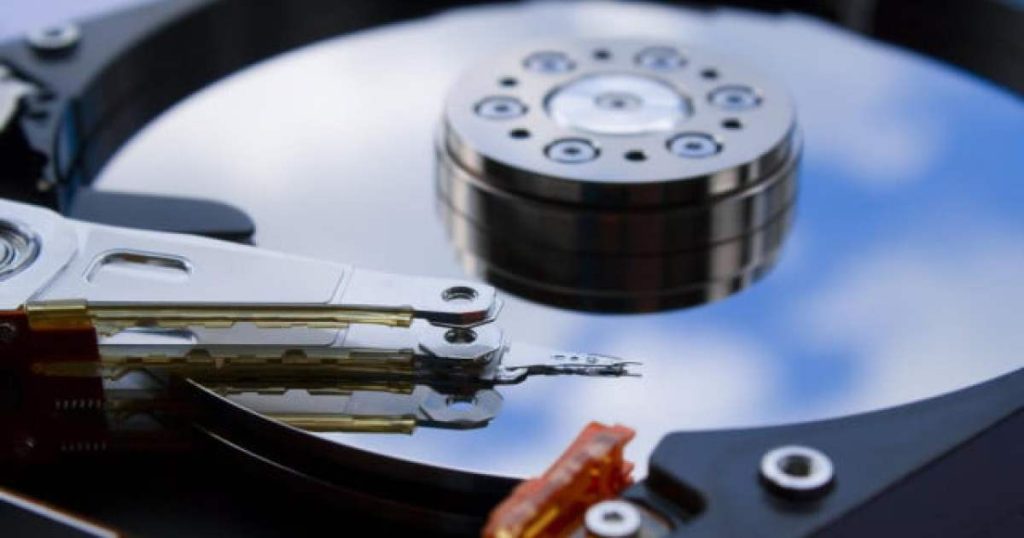When you’re in the market for a new PC or external hard drive, you’ll encounter two main storage options: Traditional hard disk drive (HDD) and solid-state drive (SSD). Choosing between the two can be a daunting task if you’re not familiar with the differences. This guide will help you make an informed decision based on factors like storage capacity, speed, and pricing.
If you’re leaning towards an SSD, we’ve also compiled a list of the best SSD deals currently available.
Storage Capacity
It’s easy to find hard drives with multiple terabytes of storage space, and their capacity is continually increasing without a significant rise in cost to consumers. On the other hand, SSDs offer lower capacity and become expensive when you go beyond a certain threshold. However, when it comes to sheer storage space, hard drives still hold an advantage, especially for long-term storage or large files and folders.
Speed, Design, and Durability
Drive speed is a key factor in determining performance. HDDs rely on spinning platters to read and write data, leading to longer read times, especially with fragmented files. SSDs, on the other hand, don’t face fragmentation issues and offer faster read speeds due to their design. Though SSDs can wear out over time, their faster performance makes up for it in most cases.
There is a trade-off between durability, capacity, and speed, as newer NAND storage technologies increase storage capacity while reducing costs. However, this can affect hardware longevity and performance, creating a divide in the characteristics of various SSD models.
Hard drives are more susceptible to physical damage due to their mechanical components, while SSDs, with no moving parts, are better equipped to handle physical stress.
Pricing
While SSDs are still more expensive per gigabyte compared to HDDs, the investment in faster, more efficient, and durable storage is worthwhile. As prices continue to drop, SSDs are becoming a more attractive choice for most users, offering significant improvements in speed and performance.
Hybrid Drives, Externals, and the Final Word
Hybrid drives strike a balance between SSDs and HDDs by combining both technologies into one device. There are different types of hybrid drives available, offering varying degrees of speed and performance enhancements. Additionally, external storage devices provide portability and convenience for users.
SSDs are increasingly becoming the preferred choice over traditional HDDs due to their speed and efficiency. Investing in an SSD may cost more initially, but the long-term benefits in terms of performance make it a worthwhile investment.


